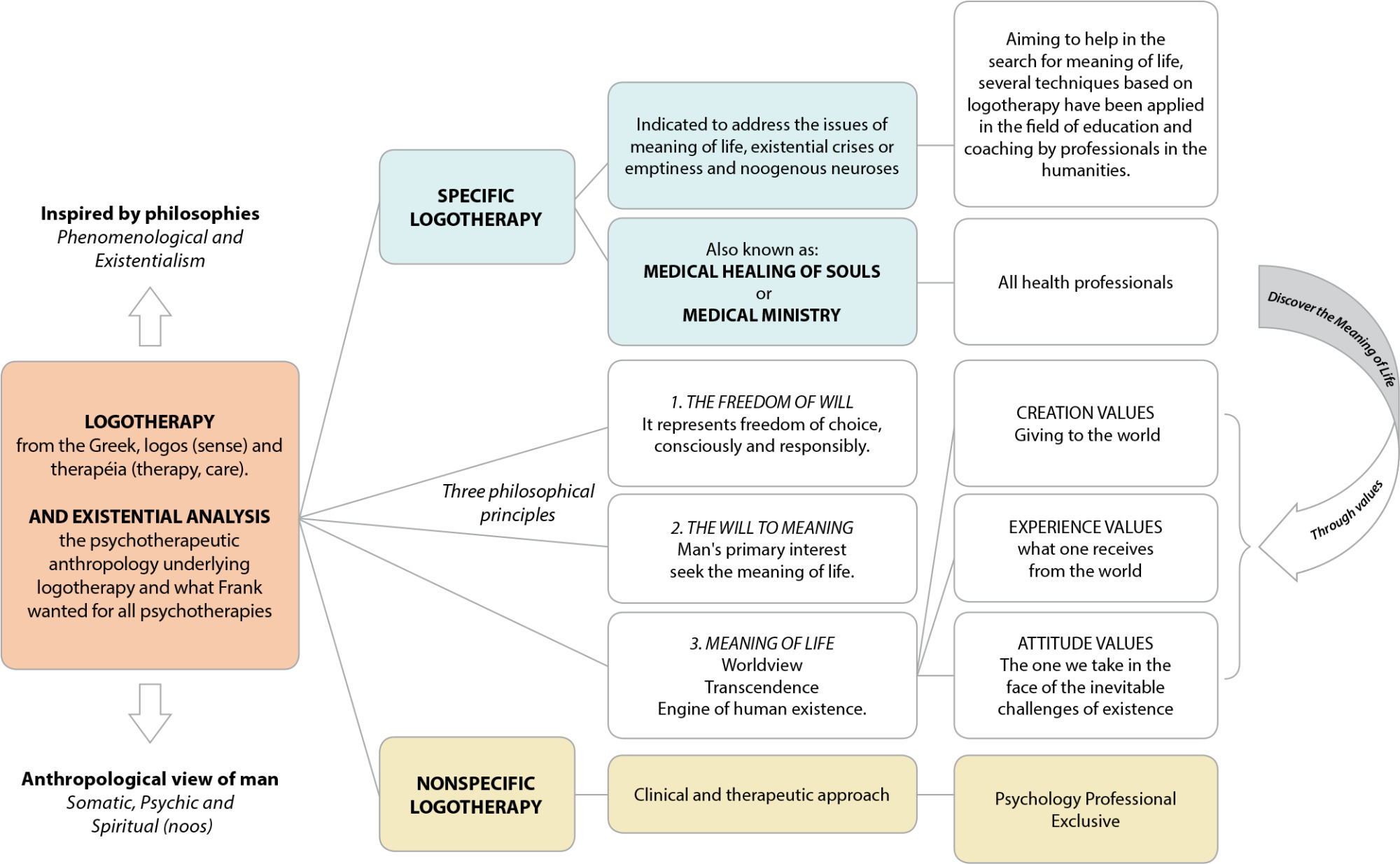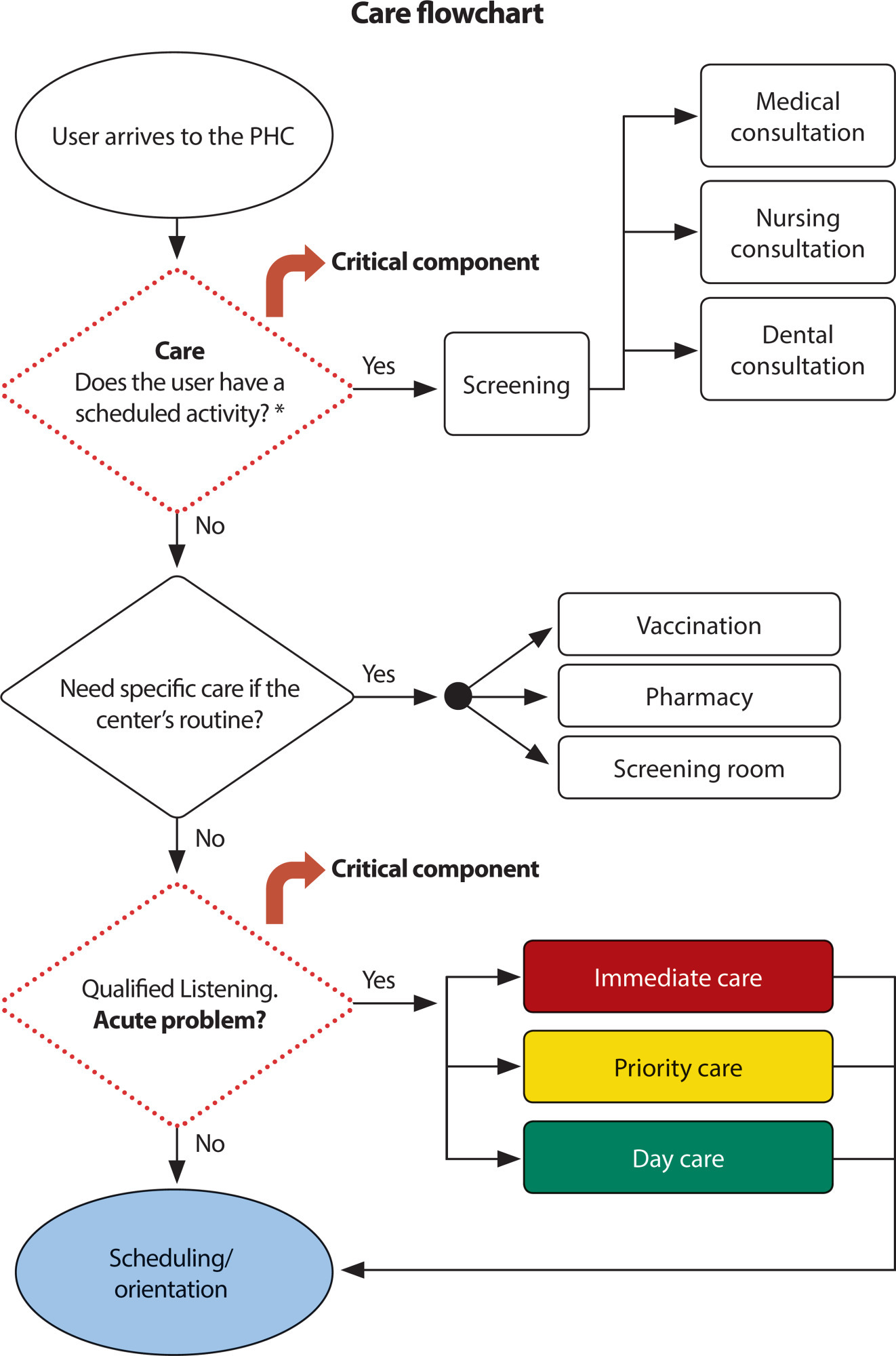-
ORIGINAL ARTICLE
Interobserver agreement in Reception and Risk Stratification in Obstetrics implementation
Revista Brasileira de Enfermagem. 2024;77(5):e20230361
12-13-2024
Abstract
ORIGINAL ARTICLEInterobserver agreement in Reception and Risk Stratification in Obstetrics implementation
Revista Brasileira de Enfermagem. 2024;77(5):e20230361
12-13-2024DOI 10.1590/0034-7167-2023-0361
Views0See moreABSTRACT
Objectives:
to analyze interobserver agreement in the Reception and Risk Stratification in Obstetrics protocol implementation.
Methods:
a cross-sectional study carried out during Reception and Risk Stratification in Obstetrics implementation, conducted in a tertiary hospital in southern Brazil with 891 participants in January 2020. Descriptive and interobserver agreement analysis was carried out using the Kappa coefficient in the risk stratification assigned by the triage nurse and reviewed by the researcher.
Results:
around half of the calls (55.6%) were stratified as not very urgent (green), followed by urgent (yellow) (31.8%), very urgent (orange) (9.3%), not urgent (blue) (3.4%) and no emerging stratification (red). Agreement analysis of revised stratification found Kappa values of 0.20 (blue), 0.54 (green), 0.77 (yellow) and 0.80 (orange).
Conclusions:
most appointments were non-urgent. The agreement analysis between the revised and assigned risk stratification revealed greater interobserver agreement as the priority level increased.
-
The Medical Healing of Souls: a strategy for welcoming post-pandemic mental health
Revista Brasileira de Enfermagem. 2023;76(6):e20220331
12-04-2023
Abstract
The Medical Healing of Souls: a strategy for welcoming post-pandemic mental health
Revista Brasileira de Enfermagem. 2023;76(6):e20220331
12-04-2023DOI 10.1590/0034-7167-2022-0331
Views0See moreABSTRACT
Objective:
to reflect on the applicability of the Medical Healing of Souls (MHS) by health professionals as a welcoming strategy in post-pandemic mental health.
Methods:
a theoretical and reflective study, based on Viktor Frankl’s philosophy, based on the book “The Doctor and the Soul, From Psychotherapy to Logotherapy” and scientific literature.
Results:
the study was structured in two discursive approaches: MHS in the field of health; The applicability of MHS in post-pandemic mental health care.
Final considerations:
MHS can be used in mental health care, in health emergencies, promoting a more humane performance of health professionals, facilitating the integration of inevitable suffering into a meaningful life.

-
ORIGINAL ARTICLE
Implementation of an improvement cycle in the care of a primary health care
Revista Brasileira de Enfermagem. 2021;74(1):e20200099
03-24-2021
Abstract
ORIGINAL ARTICLEImplementation of an improvement cycle in the care of a primary health care
Revista Brasileira de Enfermagem. 2021;74(1):e20200099
03-24-2021DOI 10.1590/0034-7167-2020-0099
Views0ABSTRACT
Objectives:
to evaluate the effectiveness of a quality improvement cycle applied to the care of spontaneous demand in a primary care center.
Methods:
quasi-experimental before and after study, with a quantitative approach and no control group. An improvement cycle was carried out in a primary care center in the city of Guarabira/PB using five quality criteria. An evaluation, an intervention focused on the most problematic criterion and a reassessment were carried out. The samples were random (n = 60). The percentages and confidence intervals of compliance with each criterion were verified. Statistical significance was calculated using the Z test.
Results:
after the intervention, there was a significant improvement in two quality criteria of the care of spontaneous demand users (the user must be heard by a professional and go through the risk classification).
Conclusions:
the improvement cycle was an effective quality management method.
Keywords:Community ParticipationHealth Services ResearchPrimary Health CareTotal Quality ManagementUser embracementSee more
-
REFLECTION
Empathic listening: welcoming strategy for nursing Professional in coping with with the coronavirus pandemic
Revista Brasileira de Enfermagem. 2021;74:e20200721
02-05-2021
Abstract
REFLECTIONEmpathic listening: welcoming strategy for nursing Professional in coping with with the coronavirus pandemic
Revista Brasileira de Enfermagem. 2021;74:e20200721
02-05-2021DOI 10.1590/0034-7167-2020-0721
Views0See moreABSTRACT
Objective:
to reflect on empathic listening use as a welcoming strategy for nursing professionals to cope with the challenges during the pandemic caused by the new coronavirus.
Methods:
this is a reflection study based on updated data surveys and theoretical-conceptual aspects of Non-Violent Communication and empathic listening.
Results:
in the performance during the COVID-19 pandemic, nursing professionals are exposed to violence of different natures related to occupational stress, work overload, anguishes and silenced suffering, with implications for the workers’ health, who can be benefited and strengthened with empathetic listening.
Final considerations:
the health crisis has highlighted the weaknesses of the health system. Nursing acts as the largest contingent of the health workforce in coping with the pandemic. Empathetic listening is a powerful strategy in caring for and strengthening nursing professionals.
-
ORIGINAL ARTICLE
Evaluation of user embracement software with pediatric risk classification
Revista Brasileira de Enfermagem. 2020;73(3):e20180677
04-22-2020
Abstract
ORIGINAL ARTICLEEvaluation of user embracement software with pediatric risk classification
Revista Brasileira de Enfermagem. 2020;73(3):e20180677
04-22-2020DOI 10.1590/0034-7167-2018-0677
Views0See moreABSTRACT
Objective:
to evaluate functional performance and technical quality of user embracement software with pediatric risk classification.
Method:
descriptive exploratory study developed based on the quality requirements set forth in ISO/IEC 25010. The evaluated characteristics were: functional adequacy, reliability, usability, performance efficiency, compatibility, safety, maintainability and portability. Eight specialists from the area of informatics and 13 from nursing participated in the evaluation. The characteristics were considered adequate when they reached more than 70% of indication as very and/or completely appropriate in the evaluations of each group of specialists.
Results:
The results obtained from the evaluation of informatics and nursing specialists were: functional adequacy (100.0%, 96.2%), reliability (82.6%, 88.5%), usability (84.9%; 98.7%), performance efficiency (93.4%; 96.2%), compatibility (85.0%, 98.1%), safety (91.7%, 100.0%), and, yet, maintainability (95.0%) and portability (87.5%) evaluated by the first ones.
Conclusion:
the software was considered adequate regarding technical quality and functional performance.
-
ORIGINAL ARTICLE
Embracement of the person with mental illness at an emergency hospital service: a qualitative research
Revista Brasileira de Enfermagem. 2020;73(2):e20180671
03-09-2020
Abstract
ORIGINAL ARTICLEEmbracement of the person with mental illness at an emergency hospital service: a qualitative research
Revista Brasileira de Enfermagem. 2020;73(2):e20180671
03-09-2020DOI 10.1590/0034-7167-2018-0671
Views0See moreABSTRACT
Objectives:
to understand actions of nurses who care for people person with mental illness at a Referenced Emergency Unit in a university hospital.
Methods:
a qualitative research based on Alfred Schütz’s social phenomenology. Data collection was performed between December 2015 and January 2016 through phenomenological interviews with 13 nurses from an Emergency Unit.
Results:
nurses embrace according to their previous experiences. They easily identify biological complaints and, when they recognize psychiatric signs and symptoms, refer them to the psychiatrist. They raise doubts about what to do, so they expect to be qualified for such action, believing that a protocol could help as well as they need more time.
Final considerations:
the understanding of the lived type of nurse who embraces people with mental distress made possible in this study need recognition for research and interventions that focus on biological, psychic and social dimension articulation at embracement.
-
ORIGINAL ARTICLE
Night Admission at a Psychosocial Care Center III
Revista Brasileira de Enfermagem. 2020;73(1):e20170964
02-10-2020
Abstract
ORIGINAL ARTICLENight Admission at a Psychosocial Care Center III
Revista Brasileira de Enfermagem. 2020;73(1):e20170964
02-10-2020DOI 10.1590/0034-7167-2017-0964
Views0See moreABSTRACT
Objective:
to analyze night admission characteristics at a Psychosocial Care Center III (CAPS III - Centro de Atenção Psicossocial).
Method:
a qualitative research, whose data were collected with 15 nursing professionals from November to April 2016, through a semi-structured interview.
Results:
it was verified that night admission is provided by the nursing team in different dynamics from the day care. This team has strategies of care during crisis, avoiding search for other network services and maintaining the CAPS in its function within the psychosocial model.
Final considerations:
service operation depends on the nursing team for its permanence condition in all shifts, which leads to the need to think about the legislation reformulation that structures the CAPS III team, in order to guarantee the interdisciplinary care provided by the Brazilian Psychiatric Reform in this device, which should replace hospitalization in a specialized institution.
-
ORIGINAL ARTICLE
Embracement with risk classification: relationship of justice with the user
Revista Brasileira de Enfermagem. 2019;72(6):1496-1503
10-21-2019
Abstract
ORIGINAL ARTICLEEmbracement with risk classification: relationship of justice with the user
Revista Brasileira de Enfermagem. 2019;72(6):1496-1503
10-21-2019DOI 10.1590/0034-7167-2018-0420
Views0See moreABSTRACT
Objective:
to describe the conception of justice of nurses and users regarding the Risk Classification in Emergency Unit; to analyze the conception of justice in the implementation of the Risk Classification in Emergency Unit from the user’s recognition; to discuss, from Axel Honneth’s Theory of Recognition, justice with the user in the Risk Classification in Emergency Unit.
Method:
qualitative research of descriptive, exploratory typology, which used action research as a method. Bardin’s Content Analysis was carried out.
Results:
a category was created: “Justice versus Injustice” and three subcategories: “Autonomy/Freedom versus Heteronomy/Subordination”; “Communication versus Hermeneutic Problems”; “Contributions versus Conflicts”.
Final considerations:
Embracement with Risk Classification presents difficulties in its interpretation and effectiveness; there are situations of disrespect that compete against the required ethics. Justice addressed by this study will be achieved by an emergency access system that meets user expectations, recognizing it as a subject of rights.



